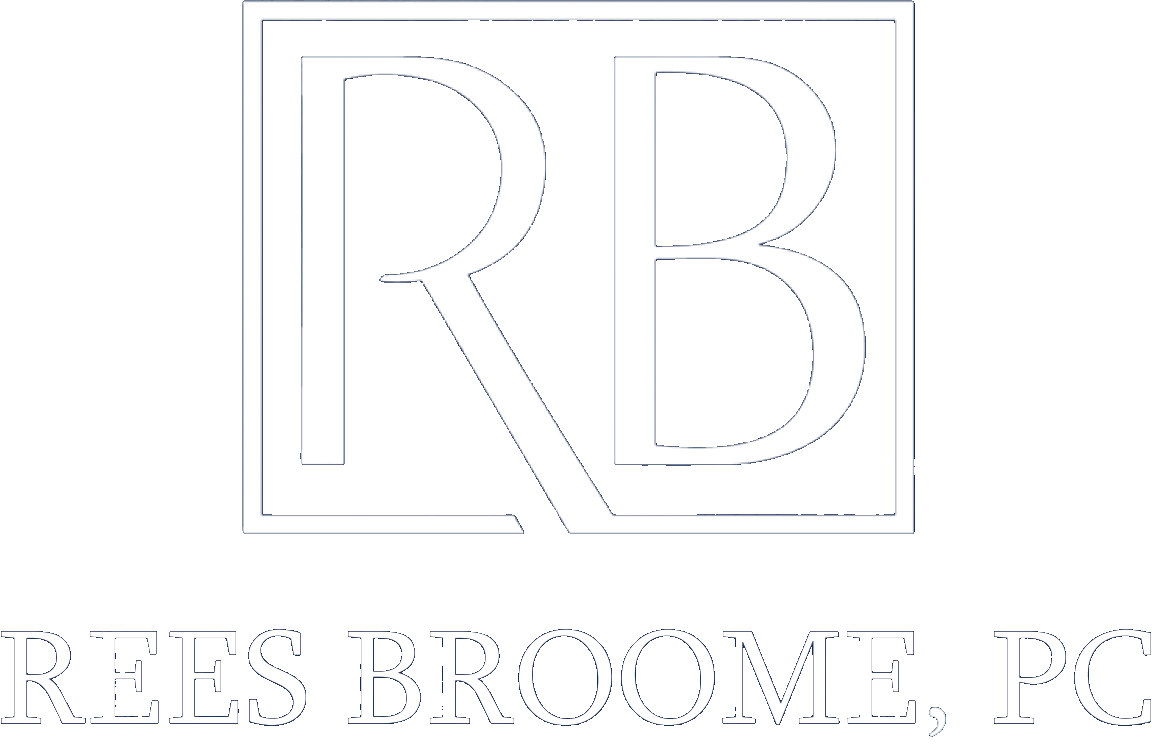Newsletters
new January 26, 2026
November 26, 2025
September 16, 2025
September 12, 2025
July 24, 2025
June 17, 2025
June 03, 2025
March 25, 2025
January 23, 2025
September 25, 2024
August 23, 2024
May 22, 2024
May 22, 2024
March 29, 2024
January 19, 2024
November 22, 2023
July 27, 2023
May 31, 2023
May 31, 2023
April 03, 2023
February 01, 2023
November 27, 2022
September 28, 2022
July 19, 2022
June 01, 2022
March 23, 2022
January 31, 2022
November 23, 2021
September 27, 2021
July 22, 2021
May 25, 2021
May 14, 2021
March 31, 2021
February 08, 2021
December 03, 2020
October 01, 2020
July 24, 2020
June 16, 2020
June 15, 2020
March 04, 2020
November 25, 2019
September 01, 2018
November 01, 2017
May 27, 2016
April 19, 2016
February 01, 2016
July 15, 2015



